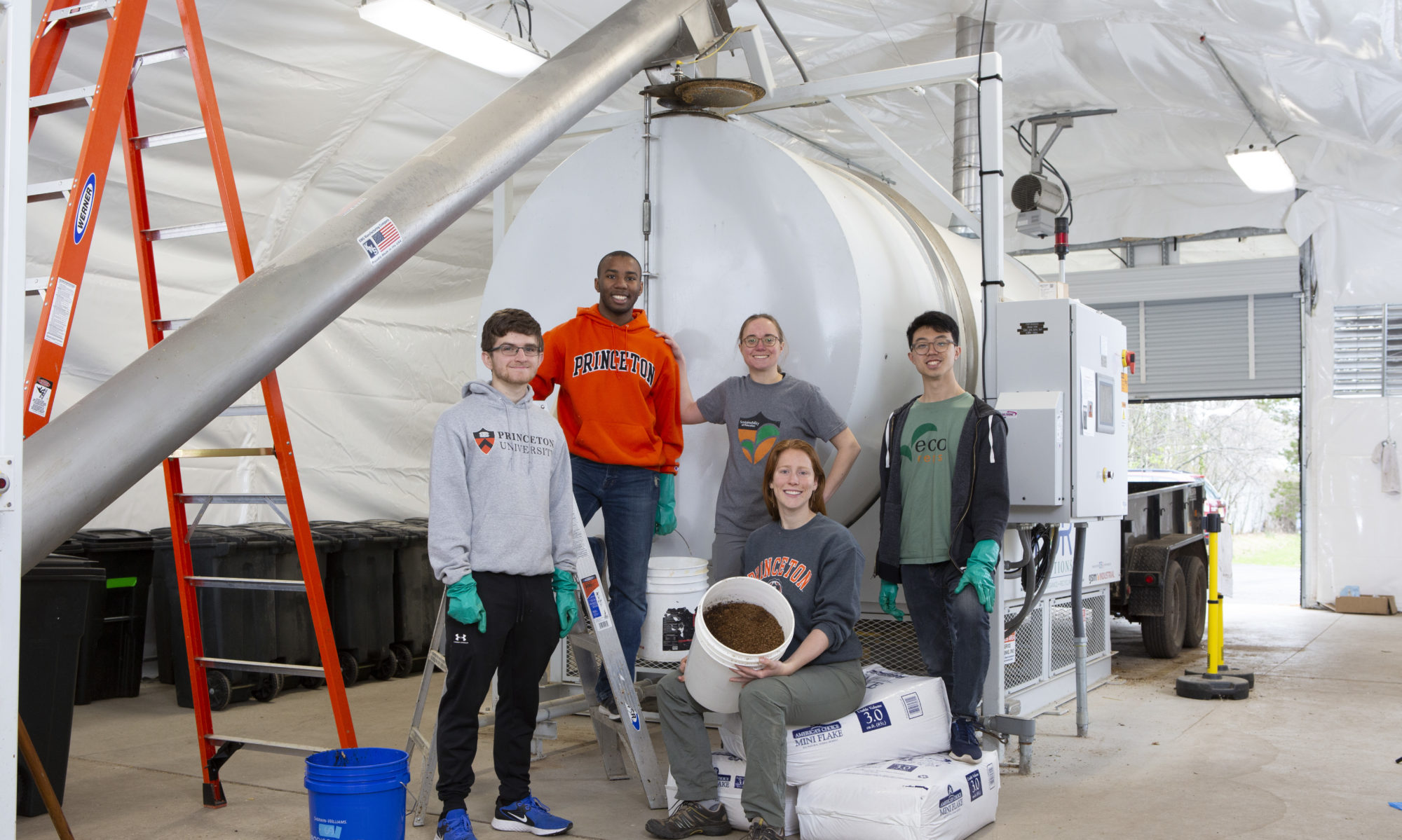According to Project Drawdown’s updated list of the most effective solutions to “draw down” or reverse the build-up of carbon in the atmosphere, reducing food waste ranks within the top 3 solutions while composting ranks between #57 and #62 out of the 76 solutions (the exact rank differs depending on the climate goal achieved).

Given that one third of food produced in the world is wasted (along with the associated resources and carbon emissions), it is clear why reducing food waste ranks so high, but why is the ranking for composting relatively low on the list?
The study found that composting organic waste versus landfilling it can reduce more than 50% of carbon dioxide-equivalent greenhouse gas emissions, for a total of 2.1 gigatons between now (2020) and 2050 if climate change is curbed to a 2 degree Celsius rise in the average global temperature. However the emission savings from landfill diversion is only one benefit of composting.
What is not as talked about nor accounted for in the analysis on composting by Project Drawdown, is the benefit of applying compost to soil. When the end-use of compost is considered, composting is indirectly tied to a dozen or more solutions presented in Project Drawdown from green roofs and conservation agriculture, to plant-based diets.
Compost is a natural way to provide nutrients to plants to enhance productivity while storing carbon in soils. As such, compost not only reduces carbon emissions by the aforementioned amount, but shares emissions savings through many of the other climate solutions in Project Drawdown by acting as a carbon sink or “sponge” that can soak up emissions currently in the atmosphere and limit the impacts of climate change which is already causing devastating wildfires, flooding, and droughts to name a few.
However, Project Drawdown sends an optimistic message – the reversal of global warming is both environmentally and economically achievable by mid-century if we act now and scale up already practical climate solutions like composting.
In New Jersey, the next steps around composting will be decided tomorrow as the state senate will be voting on legislation that would require large food waste generators (e.g. institutions like colleges and universities) to source separate and recycle food waste. If passed, the bill would be a significant step forward in advancing organics recycling and compost utilization in the state. Stay tuned for updates!
Data: 2/14 – 2/28
Meanwhile….with the Spring semester in full swing, the amount of food composted at the S.C.R.A.P. Lab has risen to over 3,000 lbs/week in the last two weeks.


One Reply to “The ComPOSTer: How much can composting help in solving the climate challenge? [UPDATED]”
Comments are closed.